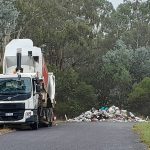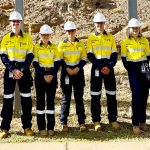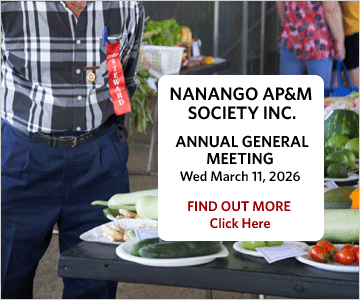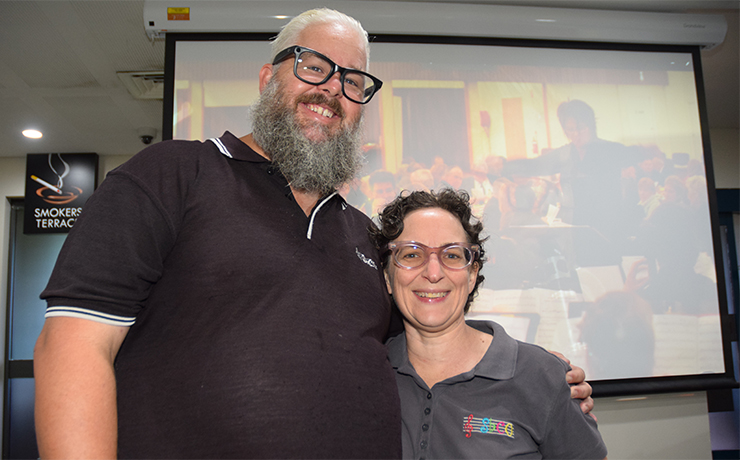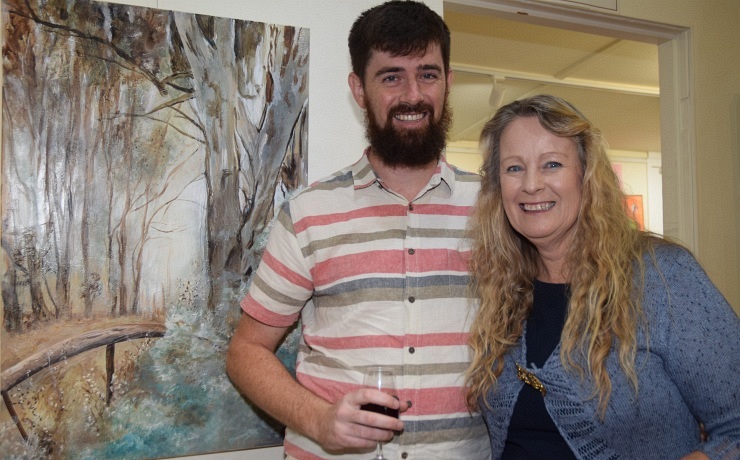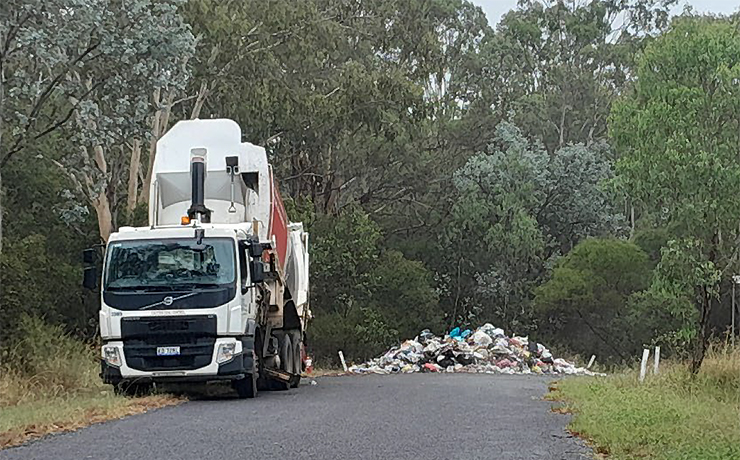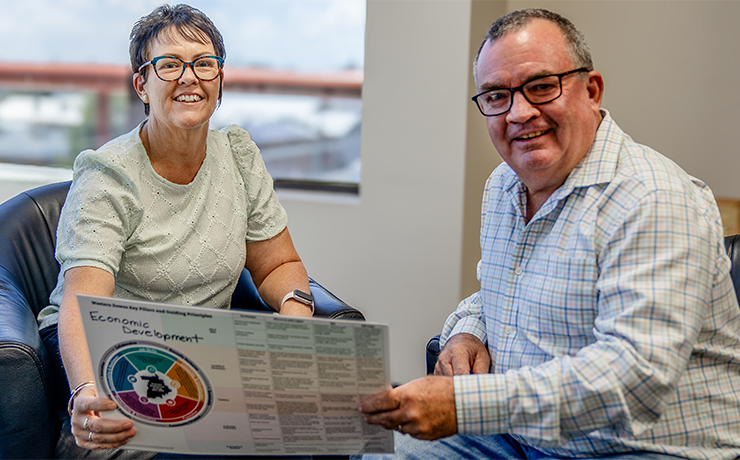|
November 17, 2014
The Queensland Dairyfarmers’ Organisation has welcomed the Free Trade Agreement between China and Australia announced today.
The peak body for the Queensland dairy farmers congratulated the Federal Government for “securing a positive deal for the dairy industry”.
QDO President Brian Tessmann said the announcement marked many years of work and negotiations by successive governments and the dairy industry with China, with the goal of securing a deal that would help Australia service the massive and growing market for a range of dairy products in China.
“The dairy industry has been looking for a deal that put us on a comparable footing with New Zealand, which has seen a massive growth in its industry over the last 10 years on the back of its China FTA,” Mr Tessmann said.
“We congratulate the Prime Minister, the Federal Government, and especially Trade Minister Andrew Robb in getting a positive deal for dairy farmers over the line with the biggest dairy market in the world.
“We also congratulate the industry’s national body, Australian Dairy Farmers, which has played a key role in these negotiations, alongside other groups including the National Farmers’ Federation. Their hard work has paid off.”
Mr Tessmann said the FTA as it phased in would be a huge benefit for the national industry, but he added that the benefits were not as cut and dried for Queensland farmers, which currently supply almost entirely fresh milk for the domestic market.
“The Queensland industry has lost enormous processing capacity in the last 15 years following deregulation, so we can’t turn the tap on to export quickly.
“We have also lost a huge volume of our milk producing capacity in recent years with the exit of farmers that accelerated with the supermarket milk price war. In fact, Queensland still remains short of milk for supplying its own drinking milk needs.
“Therefore, it should be not expected that large amounts of Queensland milk would be destined for China in the immediate term beyond the niche market for fresh milk, such as the fresh milk currently being exported to China by Norco.
“But it does mean that there is huge potential for investment for future development and growth, as we have already seen in the last week with the announcement of the new infant formula export facility, Hope Dairies, in the Mary Valley and Burnett region led by Gina Rinehart.
“The China FTA, current fresh milk exports, and the Hope Dairies project put the domestic milk value chain on notice that no longer can Queensland milk be taken for granted.
“The clock is ticking on cheap $1 per litre milk. It is a clear signal that the world puts a very high value on our quality Queensland milk and now we need the supermarkets to do the same.”
* * *
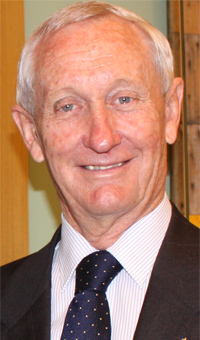
“Today’s completion of negotiations for a China-Australia trade agreement is an absolute win for the Maranoa – whether it’s horticulture, wine, dairy, beef, sheep, coal or household goods,” Mr Scott said.
“This means that Maranoa businesses will have unprecedented access to the world’s second largest economy. It greatly enhances our competitive position in key areas such as agriculture, resources and energy, manufacturing exports, services and investment.
“China is our biggest trading partner with Australian farm exports doubling in five years to be valued at more than $7 billion in 2013.
“Significantly, tariffs will be abolished for Australia’s $13 billion dairy industry. Australia’s beef and sheep farmers will also gain from the abolition of tariffs ranging from 12-25 per cent and all tariffs on Australian horticulture will be eliminated.
“Tariffs on Australian wine of 14-30 per cent will go within four years.
“Tariffs will also be removed on a range of Australian resources and energy products, including the tariffs on coking coal which will be removed on day one and the tariff on thermal coal will be phased out over two years.
“Households and businesses will also reap the benefits of cheaper goods and components from China such as vehicles, household goods, electronics and clothing, placing downward pressure on the cost of living and the cost of doing business.
“More than 85 per cent of Australian goods exports will be tariff-free upon entry … rising to 93 per cent in four years. Some of these goods are currently subject to tariffs of up to 40 per cent.
“When the trade agreement is fully implemented, 95 per cent of Australian goods exports to China will be tariff-free.”
* * *
Member for Flynn Ken O’Dowd said the negotiations for the free trade agreement would deliver “significant benefits for both Australia and the region”.
“China is our largest trading partner and these agreements will add billions of dollars to the Australian economy and create tens-of-thousands of jobs in the years ahead,” Mr O’Dowd said.
“They will also further bolster the high standards of living Australians enjoy today.
“In a little over 12 months in office the Abbott Government has now concluded three landmark free trade agreements with the major economies of North Asia, including South Korea, Japan and China.”












